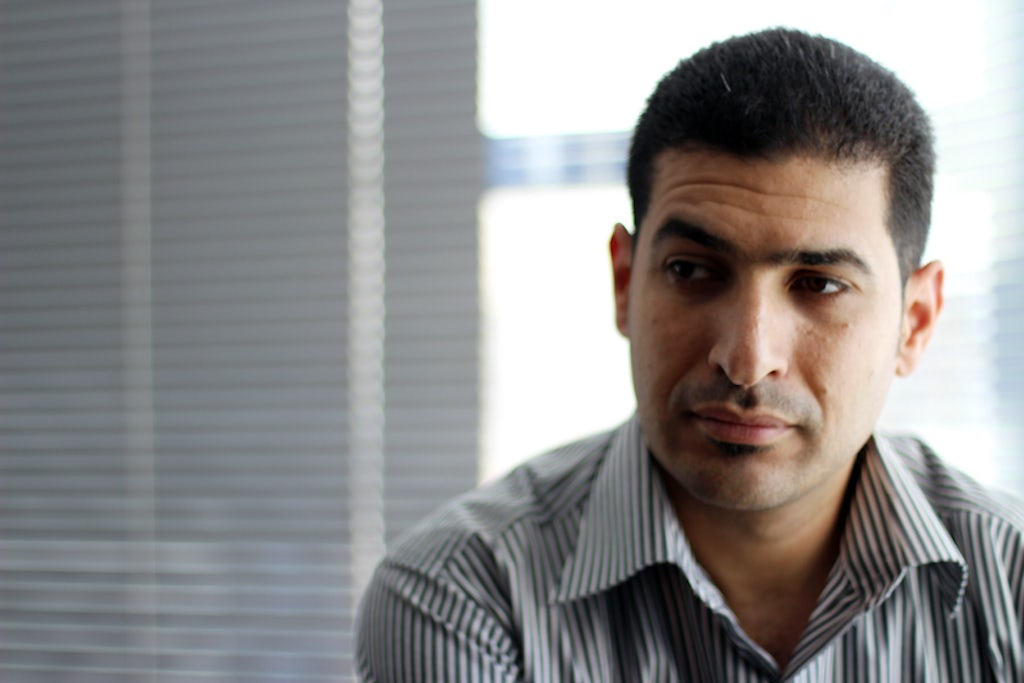Mohamed Abusal on being a contemporary Arts Collective in the Gaza Strip

Mohamed Abusal
Broadening the conversation about ‘Working Internationally Sustainably’: Crossed perspectives from India, Bulgaria, the UK, Iran and the Gaza Strip. This is a series of conversations between Jumana Al-Yasiri, artists and art leaders from different contexts and continents.
Kunstenpunt | Flanders Arts Institute offers this podcast series as part of our trajectory A Fair New World?! in which we explore how to shape the new reality in a fair and inclusive way. In it, we connect our work around fair practices, sustainability, digitization and inclusive work.
In this conversation, Mohamed Abusal talks about Eltiqa, which means “gathering” or “assemblage” in Arabic, an active group of contemporary artists he co-founded in 2002, and the realities and challenges of being an artist in the Gaza Strip.
We are trying to show content from SoundCloud.
Kunsten.be only uses minimal cookies. To view content by a third party website, this site can place additional cookies. By continuing to browse you are agreeing to the use of those third party cookies.
Read more about our privacy policy?
Prefer reading?
Download the transcription & BIO of Mohamed Abusal here
About Mohamed Abusal
Mohamed Abusal was born in Gaza in 1976. Since 2000, he has been creating bold and innovative works that address the reality in the besieged Gaza Strip and offer the prospect of a better future – a future that is not only plausible, but a basic human right. Over the past decade, he has exhibited his paintings, photographs and installations all over the world, notably in France, the United States, the United Kingdom, Australia and Dubai. In 2005, he received the Charles Asprey Prize for Contemporary Art.
This conversation was conducted online by Jumana Al-Yasiri on 3 August 2022. Commissioned by Flanders Arts Institute as part of A Fair New Idea?! on the theme: ‘sustainability and international collaborations in the arts’.
Talks compiled and conducted by Jumana Al-Yasiri
Editing and sound design by Jérôme Devanne
Commissioned by Flanders Arts Institute


